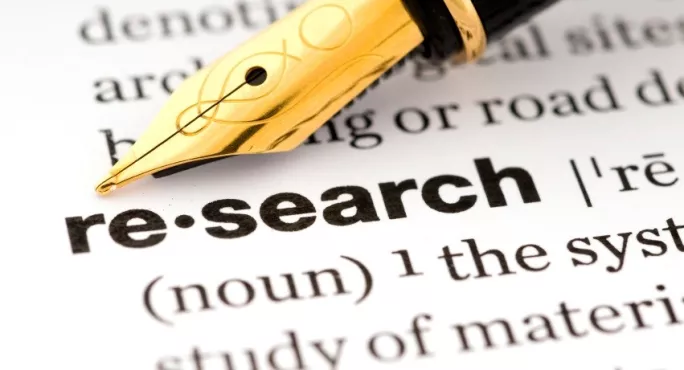‘Evidence-based education is no panacea, and could undermine the moral authority of teachers’

I am going to let you into a secret, every time newspaper and media reports begin with the sentence ..“Teachers feel..” or “Teachers believe ..”, I chuckle because the truth that dare not speak its name is that teachers rarely if ever agree with each other. We are a divided profession. It would be closer to the truth to say one group are usually strongly in favour of something, another are strongly opposed and a third group are undecided or uniformed.
Our attitude to Evidence-Based Education (EBE) is a case in point. Leaving aside the don`t knows and uninformed, one section of teachers view scientific research in education as empowering and as the means to reprofessionalising and reenergising our profession. For example some, including the group ResearchEd, think every teacher has a moral duty to be research-informed. This view is echoed by the commentator and medical professional Ben Goldacre who argues that it is a moral imperative that teachers like doctors follow where the evidence leads them and fully embrace evidence based research if we are to improve and modernise. He describes those who resist the charms of EBE as luddites. The recent Carter Review into the future of teacher training proposed that every teacher be `research literate`. Likewise groups like the Education Endowment Fund, the Sutton Trust and government all call for more use of scientific evidence to improve education and teaching standards. That is why they are currently pumping many millions of pounds into its promotion.
If you believe in the role education as increasing social mobility, social justice and narrowing inequality then we need to get better at raising the attainment levels among our most disadvantages kids is the basic argument. Hence, in crude terms, the more research coming into classrooms to help teachers teach equates to better exam results, equals better life chances for our young. In addition, its supporters argue that the introduction of more scientific evidence into teaching would allow us to become a more research-literate profession which would equip teachers with the necessary bullshit detectors to ensure that quack theories like brain gym and multiple intelligences are debunked at the earliest opportunity rather than such snake-oil being allowed prosper and fester in schools.
However others argue that education is a moral project and not a science. Rather than empowering teachers in the classroom it is an attack on their autonomy, intuition and professional judgement as more and more schools insist via their performance management targets that teachers demonstrate their commitment to action research.
So while some teachers view it as a welcome development others are hostile and consider it an unwelcome imposition. They view the claims for research evidence as wildly overstated.
Some of my good friends and those I respect are keen advocates of EBE but I am not one. For me education is not a science it is a moral project. In essence it is an intergenerational transaction between adults and our younger generation. With all due respect, scientific research has little if any thing to tell us about how we educate our young. In a context where many educators are filled with uncertainty and anxiety about the purpose of education EBE has filled a vacuum at a time when many within education are looking for a sense of certainty, authority and moral purpose. However I fear it will not be the panacea they seeking but will instead undermine the authority of teachers as they are instructed to follow the research rather than act on their experience and intuition.
In my view teachers are not researchers nor should we be. Our authority stems from mastery of our subject knowledge. The problem is that EBE effectively decouples knowledge from practice, something I think we need to resist. Teachers need to rediscover an intellectual confidence in our subject knowledge which has been eroded. How we transmit that knowledge is open to debate. Teachers have always and will continue to teach in different ways. How we teach is a matter for individual teachers in their particular contexts. The key thing we need to focus on is the what we teach and the why we teach rather than the how. The problem with the current debate around EBE is that it undermines the individual autonomy of teachers and elevates process over content. In effect it is in danger of reconceptualising education from a moral project into a form of scientism.
Of course I could be wrong in my critique of EBE (but I don`t think so!) and there are certainly many good people on the other side of the fence in this debate from me. There are also many teachers who only very recently are becoming aware of this actual discussion. Rather than shout insults at each other across the fence we need to engage in debate and hear what each other has to say about the pros and cons of research evidence in education and teaching. Then perhaps everyone involved in the debate may arrive at a more nuanced understanding of what its likely impact will be. Let the debate begin.
Kevin Rooney is the head of social science, Queens’ School, Bushey. He is speaking at the Battle of Ideas taking place this weekend
Keep reading for just £1 per month
You've reached your limit of free articles this month. Subscribe for £1 per month for three months and get:
- Unlimited access to all Tes magazine content
- Exclusive subscriber-only stories
- Award-winning email newsletters



